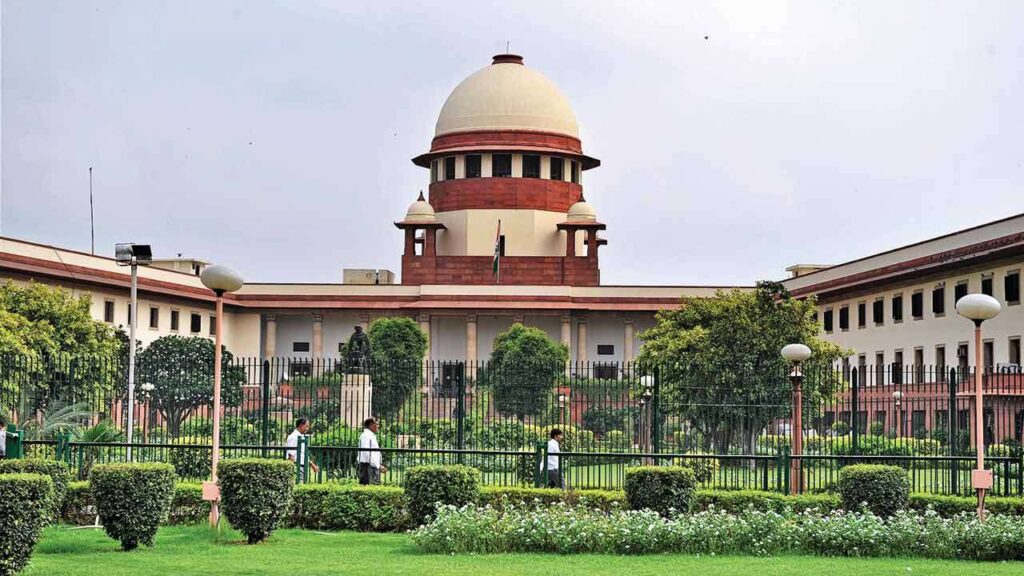Alok Singh
On 11th December 2024, the Supreme Court of India, comprising Justice Pamidighantam Sri Narasimha and Justice Manoj Misra, clarified the law on limitation in fraud cases.
The case, Daliben Valjibhai & Ors. v. Prajapati Kodarbhai Kachrabhai & Anr. revolved around a registered sale deed dated 4th December 2004, which the plaintiffs alleged was fraudulent. They claimed they became aware of the fraud only in March 2017 after receiving a notice from the Deputy Collector regarding revenue record correction. The plaintiffs obtained a certified copy of the sale deed on 10th April 2017 and filed the suit for cancellation soon after.
The Trial Court dismissed the suit under Order 7 Rule 11, CPC, holding that the plaintiffs were barred by the 3-year limitation period. The First Appellate Court reversed this decision, noting that limitation is a mixed question of law and fact requiring a full trial. The High Court reinstated the Trial Court’s dismissal, reasoning that limitation began from the date of registration in 2004 and that the mere allegations of fraud by the plaintiffs were insufficient without any further details.
On appeal, the Supreme Court ruled in favour of the plaintiffs, emphasizing that limitation in fraud cases begins when the aggrieved party becomes aware of the fraud. It reiterated that at the stage of an Order 7 Rule 11 application, only the plaint’s averments should be considered, not evidence or merits. The Court restored the First Appellate Court’s decision and directed the Trial Court to expedite the trial.
Case Name: Daliben Valjibhai & Ors. v. Prajapati Kodarbhai Kachrabhai & Anr.
Case Number: Civil Appeal No. of 2024, arising out of SLP (Civil) No. 23625 of 2024.
Bench: Justice Pamidighantam Sri Narasimha and Justice Manoj Misra

